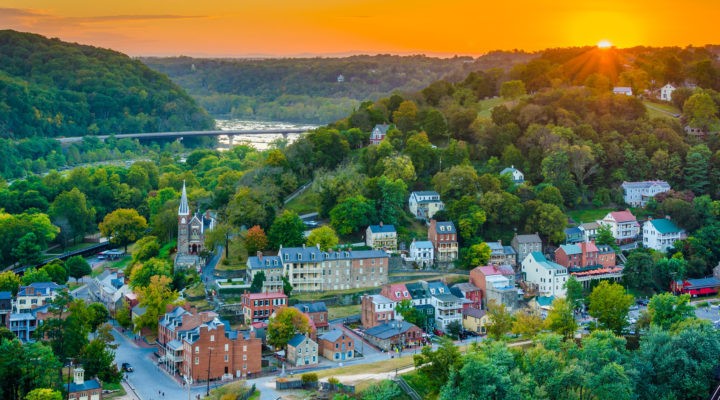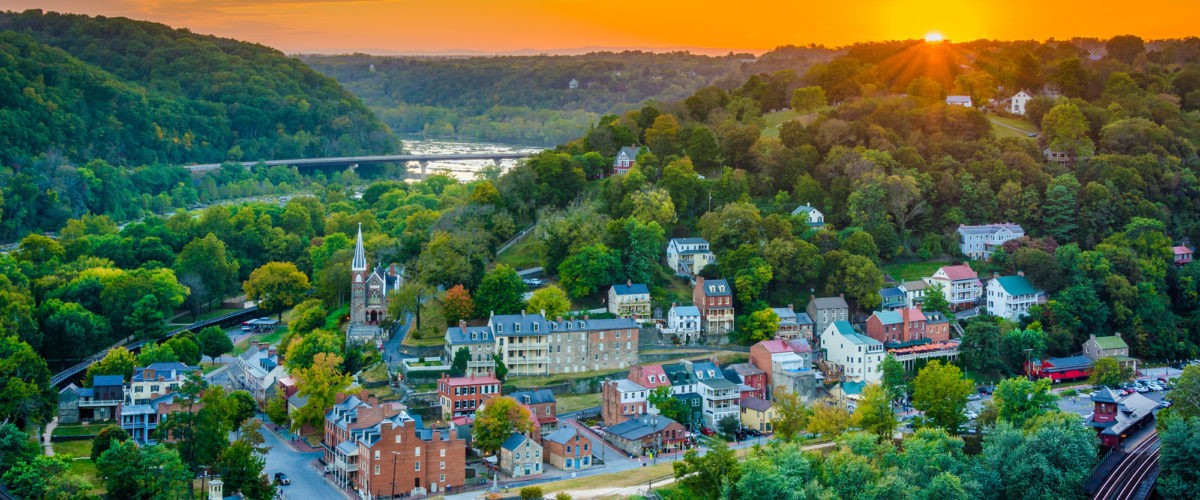When people in the United States approach their retirement years, many who live in the northern areas of America tend to migrate south to warmer climates. My husband and I did just the opposite. We fled the hot, humid summers of Georgia for cooler days in the mountains of West Virginia. The state we now call home offers mountain vistas that go on for miles, countless waterfalls, streams and rivers, fall colors that rival the best New England has to offer, and abundant creatures who share this space with us.
West Virginia also is the second-largest producer of coal in the country.

Katherine Smith
Coal was king here for decades, and there are many who continue to hope for a resurgence in mining. Whole communities were developed and thrived on the sale of coal. Coal also brought pain and suffering in the form of black lung disease, destroyed landscapes and great job loss.
The waning of this environmentally polluting industry has resulted in a state with the highest rate of drug abuse in the country and the lowest life expectancy. Restoration of the land — and of people’s lives — is desperately needed here, and in similar communities across America.
Restoring lost lives and our environment is biblical at every level. Old Testament laws included a time of sabbath rest and renewal, not just for a day once a week, but for an entire year out of every seven. This break was intended for people, animals and the land itself so that none would be overworked to exhaustion.
Our Christian faith is founded on the reclaiming love of God: “This is how much God loved the world: He gave his Son, his one and only Son. And this is why: so that no one need be destroyed; by believing in him, anyone can have a whole and lasting life. God didn’t go to all the trouble of sending his Son merely to point an accusing finger, telling the world how bad it was. He came to help, to put the world right again” (John 3:16-18, The Message).
There have been some efforts at restoration by cleaning up abandoned mines, but the lack of regulation often harms the very communities and ecology that desperately need the help. Cleanup is expensive, however, and something many cash-strapped states simply cannot afford.
“Restoring lost lives and our environment is biblical at every level.”
In an effort to help, the “Revitalizing the Economy of Coal Communities by Leveraging Local Activities and Investing More Act of 2021” or the RECLAIM Act (H.R. 1733) was introduced in the U.S. House in March and is currently under committee review. This bill is a re-introduction and update of a bipartisan effort from 2019 that hopes to release up to $1 billion from the Abandoned Mine Land Reclamation Fund to clean up abandoned mines and activate economic progress in local communities.
Many states will benefit with the passage of this act, including an estimated $201 million set aside for West Virginia for use over the next five years. The RECLAIM Act is the right step toward healthier and more productive communities. It also is legislation that Christians can, and should, support.
Read more about this act, including steps you can take to contact your Congressional representatives. This special season of creation is a great time to act.
Katherine Smith serves as executive director of Baptist Creation Care Initiative.
Related articles:
On Earth Day: Let’s walk on water together | Opinion by Katherine Smith
On climate change, the political divide has widened as more Americans overall express concern
A lesson from Texas: Winterization of power stations and the Golden Rule
Oregon is burning while most white Christians deny climate science


